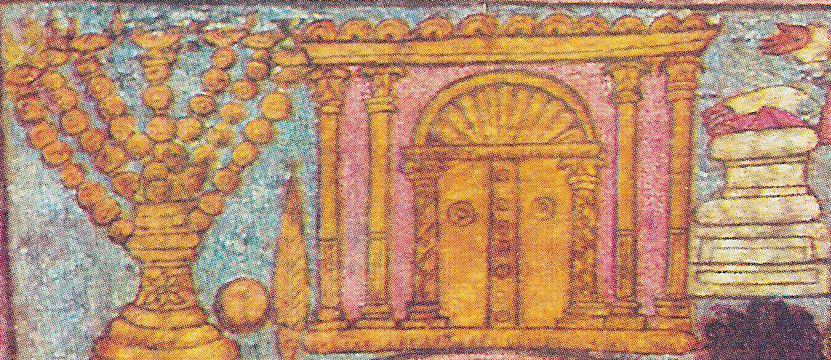
In “Something Greater Than the Temple” we investigated the incident of the plucking of the grain on the Sabbath (Matt. 12:1-8; Mark 2:23-28; Luke 6:15). We saw that Jesus’ four-fold justification of the action of his disciples drew first from the experience of David and the holy bread (1 Sam. 21:1-6). He then deduced from contemporary opinions which reasoned that because of the relative importance of the Temple, restricted activities on the Sabbath could be set aside to perform the Temple service. Of particular significance was our discovery of this same opinion in the Mechilta de-Rabbi Ishmael on Exodus 31:13. As we shall see, in that same rabbinical passage we also find the parallel for Jesus’ final statement, “The Sabbath was made for man, not man for the Sabbath.” The joint appearance of these ideas both in the Mechilta and in the Gospels indicates the existence of an independent Jewish homily which focused on the purpose and role of the Sabbath.
Jesus’ statement that “something greater than the Temple is here” was not meant to point to himself, but to underscore his opinion of the intrinsic value of the human individual. If the needs of the Temple outweighed the importance of the Sabbath, so also did the basic needs of the human being—who was even greater than the Temple. Jesus embraced developing notions of first-century Jewish humanism, which placed value on fellow human beings precisely because humanity—uniquely among all creation—bears the image of God. Previously, we have noted that the first-century Jewish emphasis on the ethical requirements of Leviticus 19:18b, “Love your neighbor as yourself,” was founded on the coincidental occurrence in the latter part of the verse, “I am the LORD your God.” The Sages reasoned that this declaration (“I am the LORD”) was to remind the readers that they were to love their neighbor because their neighbor bore the image of God.
Premium Members and Friends of JP must be signed in to view this content.
If you are not a Premium Member or Friend, please consider registering. Prices start at $5/month if paid annually, with other options for monthly and quarterly and more: Sign Up For Premium



